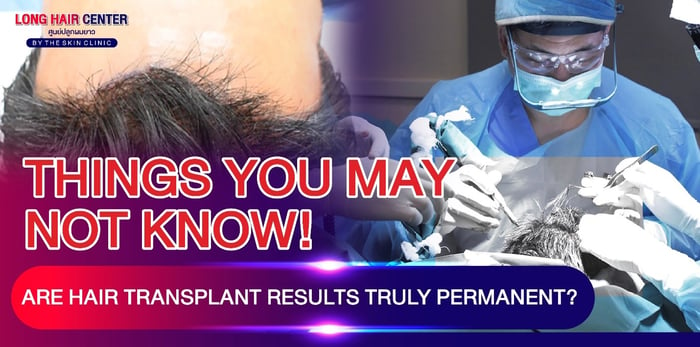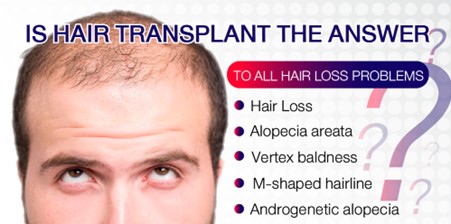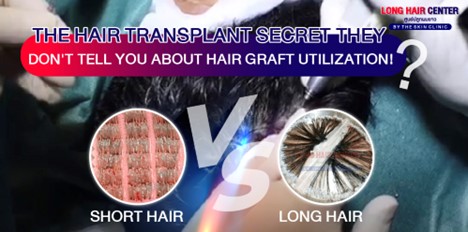Table of Contents
- 1. Will new hair grow in the same spot where hair graft was extracted?
- 2. Every extracted hair graft is suitable for transplantation?
- 3. Are hair transplant results permanent?
- 4. Can a person undergo unlimited hair transplant sessions?
- 5. Can a hair transplant fix every hair loss condition?
- Don't wait any longer! Schedule your free consultation with our experts today!
Today, hair transplantation has become widely known treatment for hair loss, thinning hair and baldness. Many want to regain their confidence and be able have admiration of having thick hair again. But did you know, there are some facts that certain hair transplant clinics mays not inform you.
1. Will new hair grow in the same spot where hair graft was extracted?
Answer: Many may believe that after hair grafts are transplanted in the new area. They will grow back in the original area (donor area) again which is false. The truth is once hair grafts have been extracted, new hair will not regrow at the same area. Therefore, hair transplantation requires expertise because the surgeon must be able to use as few hair grafts as possible to achieve the best result for each hair transplant.
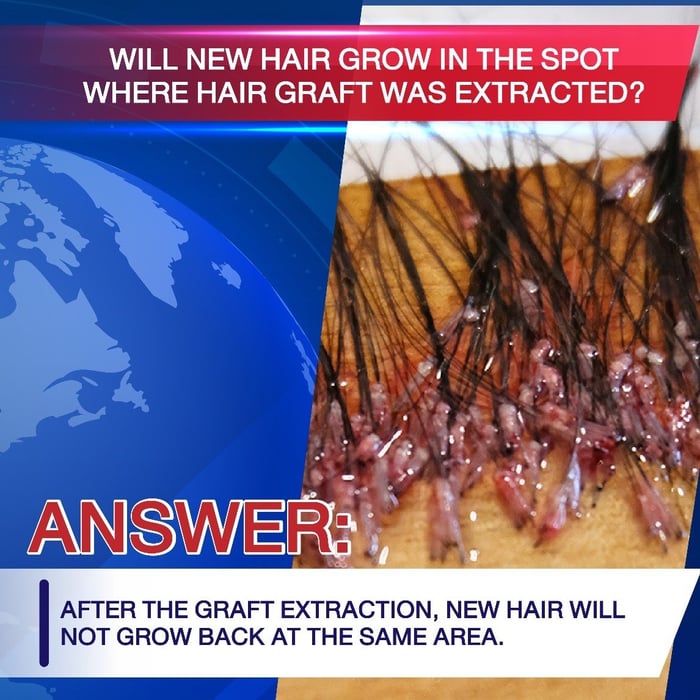
2. Every extracted hair graft is suitable for transplantation?
Answer: No, not every hair graft can be used for hair transplant. The extracted hair grafts can have both healthy and unhealthy grafts mixed together. The surgeon needs to select only healthy grafts. If damaged or unhealthy grafts are transplanted. There is a high chance that the transplanted hair will not grow at all. For this reason, you must ensure that your surgeon has enough expertise and experience to handle the selection and transplantation process, properly.
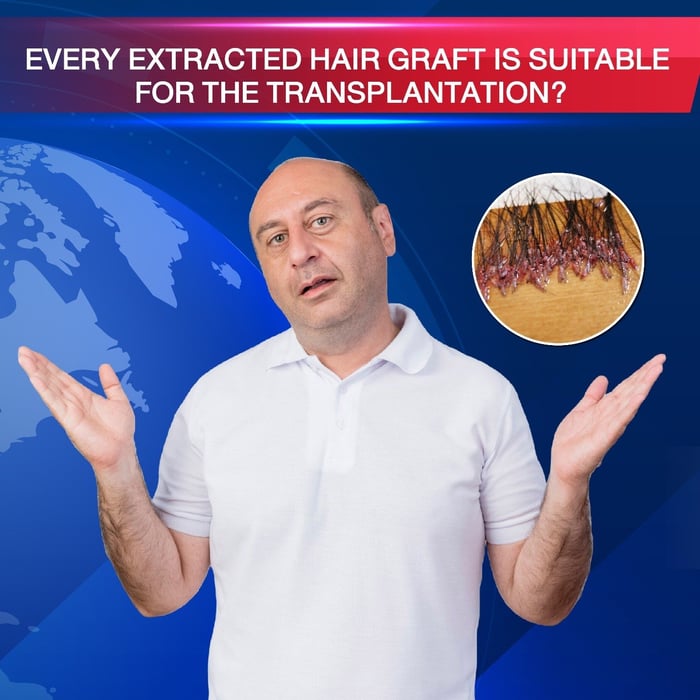
3. Are hair transplant results permanent?
Answer: It is partially true. The result depends on the case. There are both permanent and non-permanent. For example, from Dr.Top’s case where the patient has burn-related hair loss. Fortunately, the transplanted grafts are not hormone-sensitive therefore, the result is permanent but, in the case, where patient mainly has hormone-sensitive hair. The future of the grafts can be uncertain. The result relies on various factors including self-care, age, genetic and the patient’s hormone level. The hair transplants could certainly help stabilize the hair density in a period of time, but it does not guarantee that the result will be permanent.
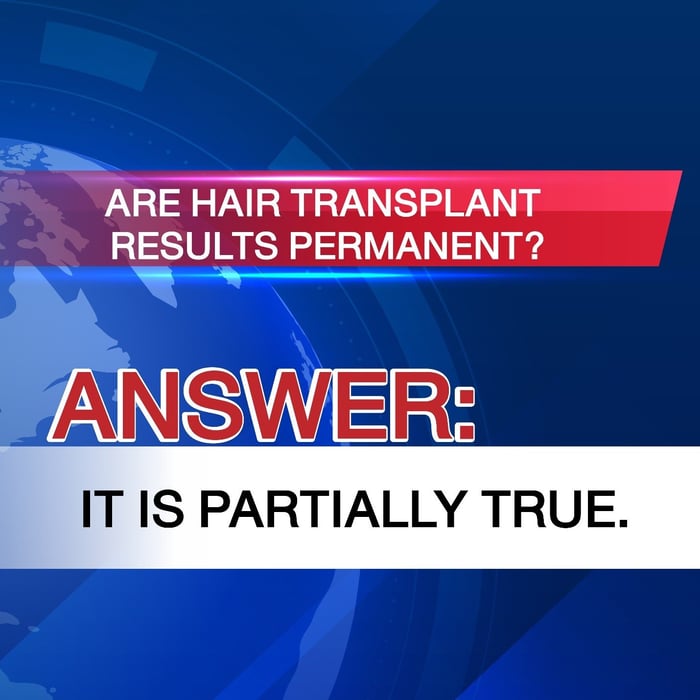
People who are affected by genetic-related hair loss usually have none hormone-sensitive hair on the back of their scalp which, we use as a donor area for hair transplants. Therefore, there is a high chance for a result to be permanent. Keep in mind, hair transplant’s success rate is commonly around 90% but never 100%. In medical field nothing is 100%.
4. Can a person undergo unlimited hair transplant sessions?
Answer: No, the number of extracted grafts should not exceed 50%. If the surgeon proceeds further, the patient may experience a condition called “Donor Depletion”, meaning the back of their scalp (donor area) will have visibly thinner hair which cannot be regrown. Hair transplant surgeon must limit the number of grafts that can be used in one session to avoid this condition.
5. Can a hair transplant fix every hair loss condition?
Answer: No, not everyone with hair loss problem can be treated with hair transplantation. if you have hair loss from the uncontrollable factors such as Systemic Lupus Erythematosus (SLE) or DUPA, hair transplant may not be effective treatment. We recommend consult with a physician to assess your condition and to develop an appropriate treatment plan for you.
Consulting with a specialist could help get crucial information more accurately. This will help you make the best decision that suits your needs. there
Nevertheless, hair transplantation can be an effective way to increase your hair density but there are a few essential facts that some clinics might not share with you. Therefore, you need to be cautious and do some research before choosing a hair transplant as your solution for hair loss
Don't wait any longer! Schedule your free consultation with our experts today!






